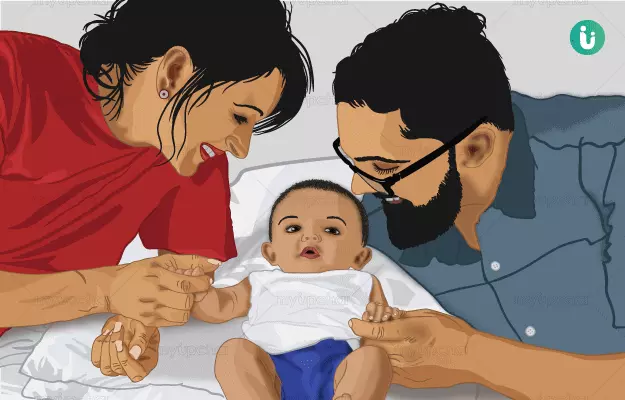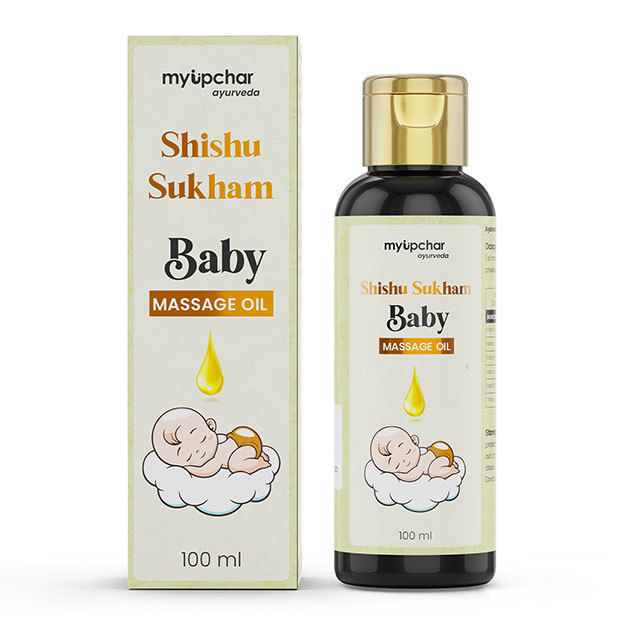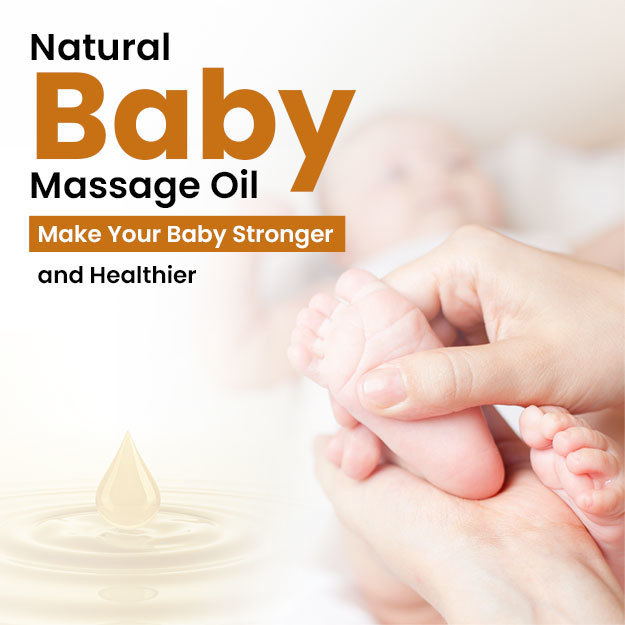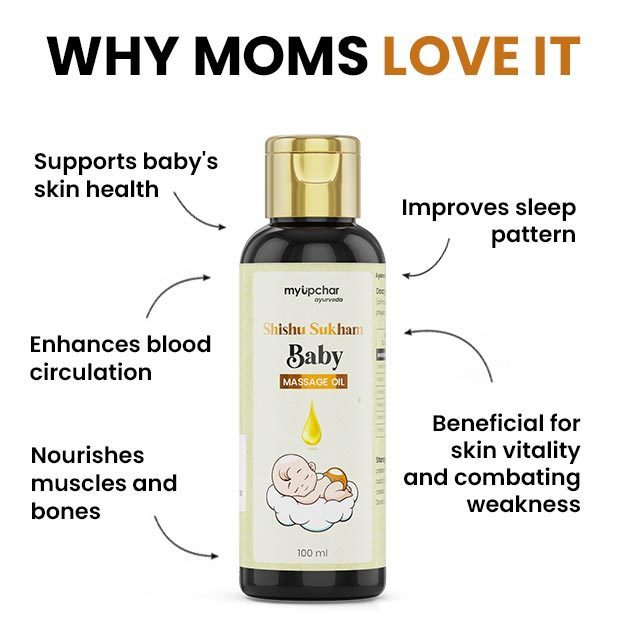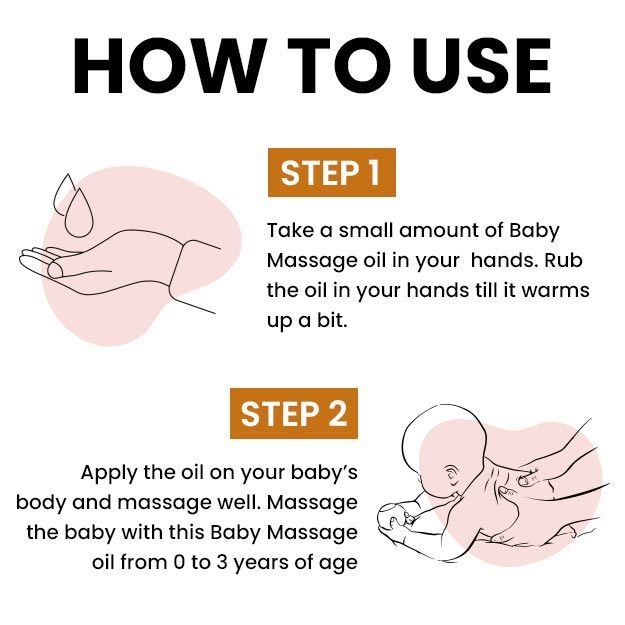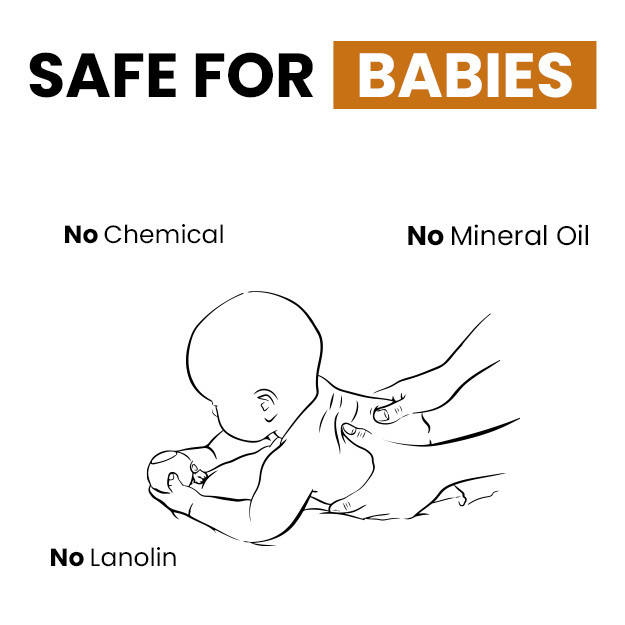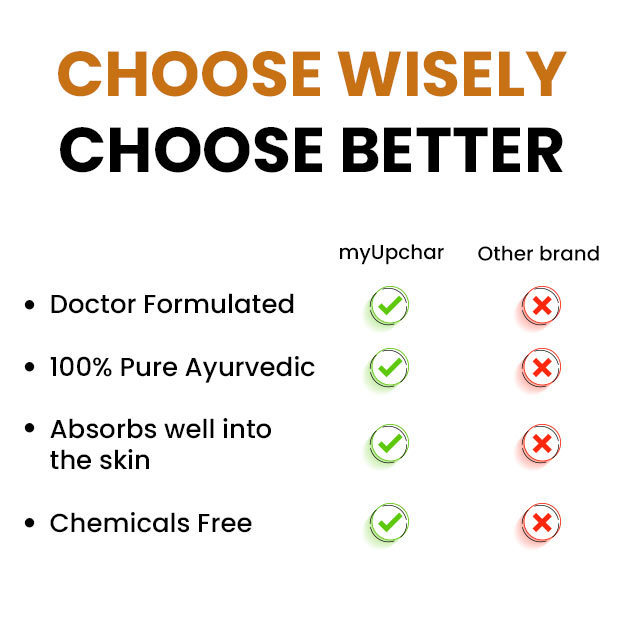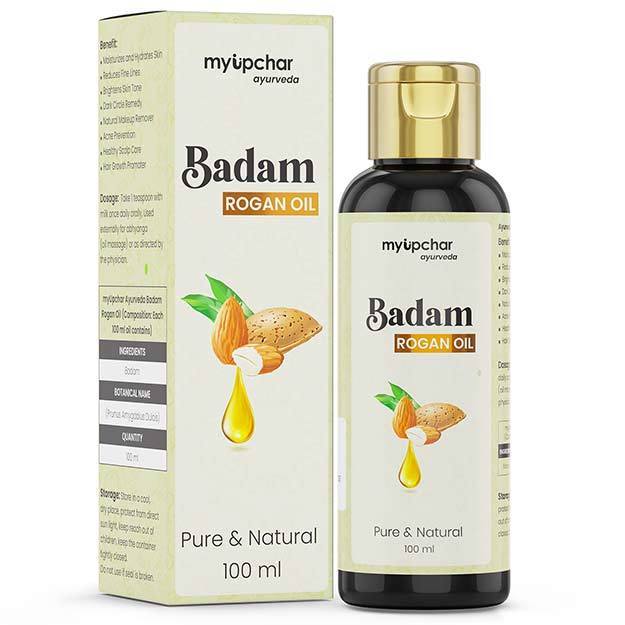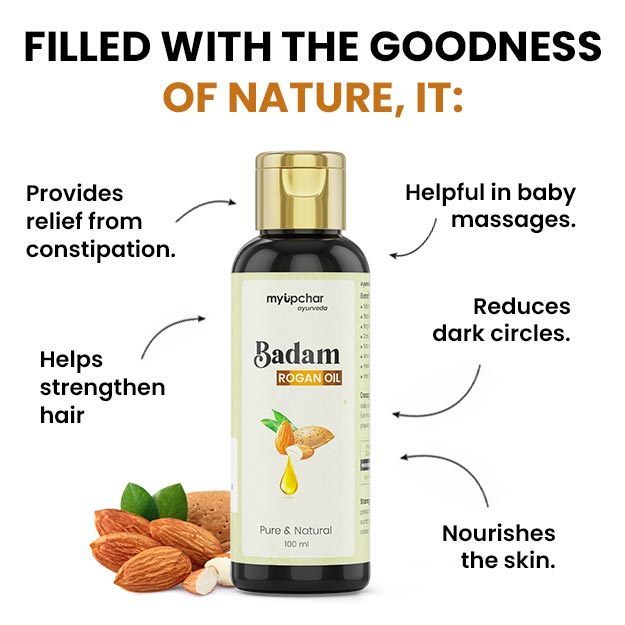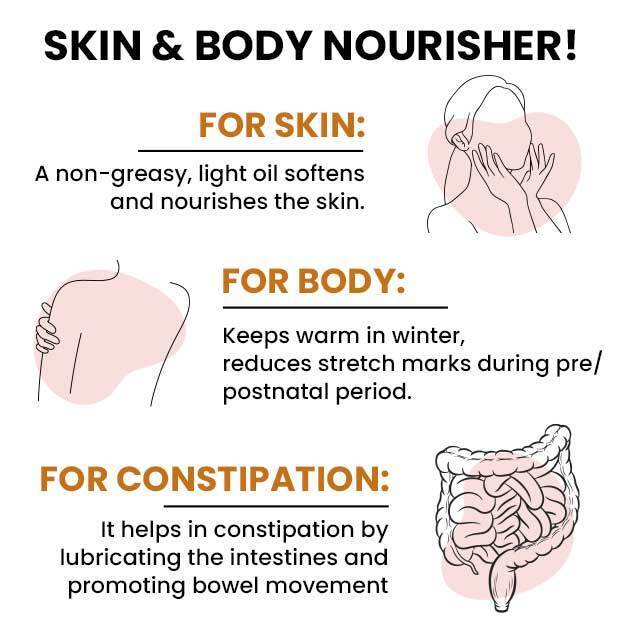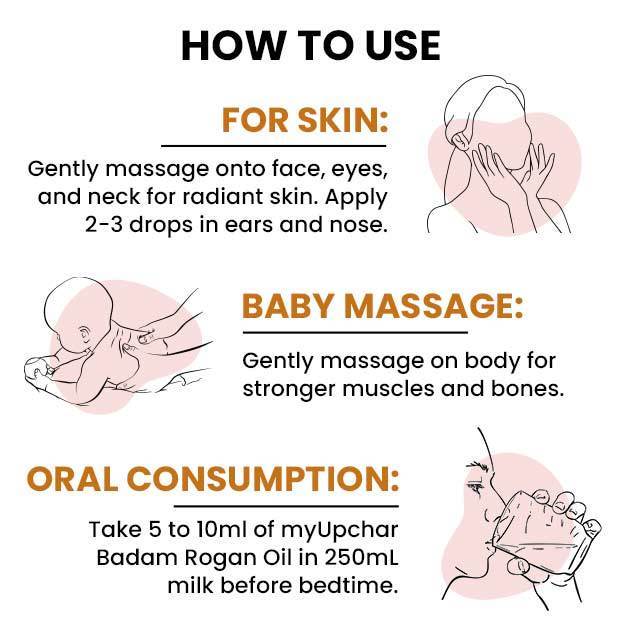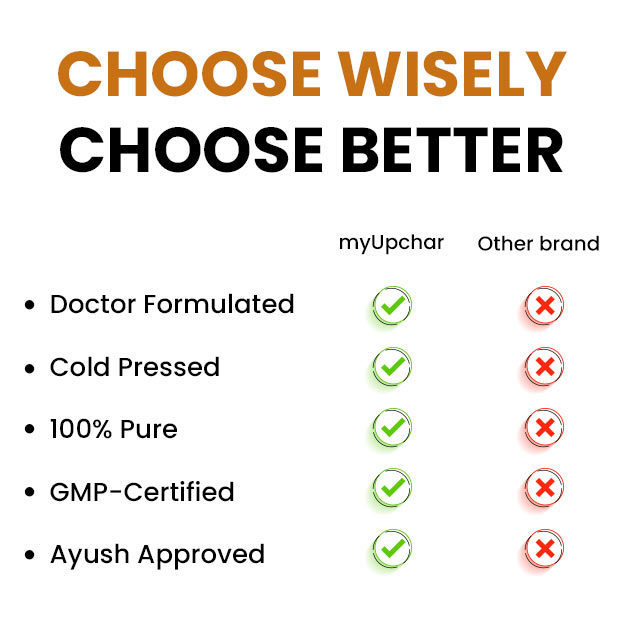Congratulations on the birth of your baby, and welcome to parenthood. You must be excited about the arrival of your baby, and looking forward to taking him or her home soon to start enjoying your time with your newborn. But you must understand that the first few hours, days, weeks and months after your baby’s birth are going to be very hectic. They might even feel like a whirlwind with so much to take care of, especially if you’re new parents.
Whether you took newborn care classes during your pregnancy or not, the ground realities of dealing with a little baby who needs to be fed, cleaned, put to sleep and cared for almost non-stop will hit you soon. So, being prepared for the arrival of your baby is very important.
We hope that you asked for, and got, skin-to-skin contact with your baby in the first hour after birth. From this point on, please understand that taking care of a child is not just a mother’s responsibility, but a father’s too. New parents might also need extra support, so enlisting the help of grandparents or relatives might be needed if hiring a nurse or nanny is not affordable. It’s also important to learn some basics while the baby and the mother are still at the hospital after delivery.
Nurses can teach you about why babies cry in the first 24 hours, how to hold the baby properly and help the baby latch on to breastfeed. Having a paediatrician on board is also very important in case you need a consultation or if there’s an emergency. Your baby will also get vaccines like the hepatitis B birth shot and BCG to guard against tuberculosis at the hospital. The medical staff will also check the baby's skin colour or appearance and muscle tone among other metrics to arrive at the baby's Apgar score.
Apart from knowing when and how to feed and clean the baby, parents should also keep a close watch for symptoms of minor and major illnesses. You should know how to take the baby’s temperature, what to do if your baby has a fever or upset stomach, and know how to soothe the baby if he or she is crying. You should also know about complications like sudden infant death syndrome (SIDS), which the baby is at risk of until he or she is 12-18 months old.
Here’s everything you need to know about handling and nurturing your baby the right way from the time you welcome him or her home from the hospital.

